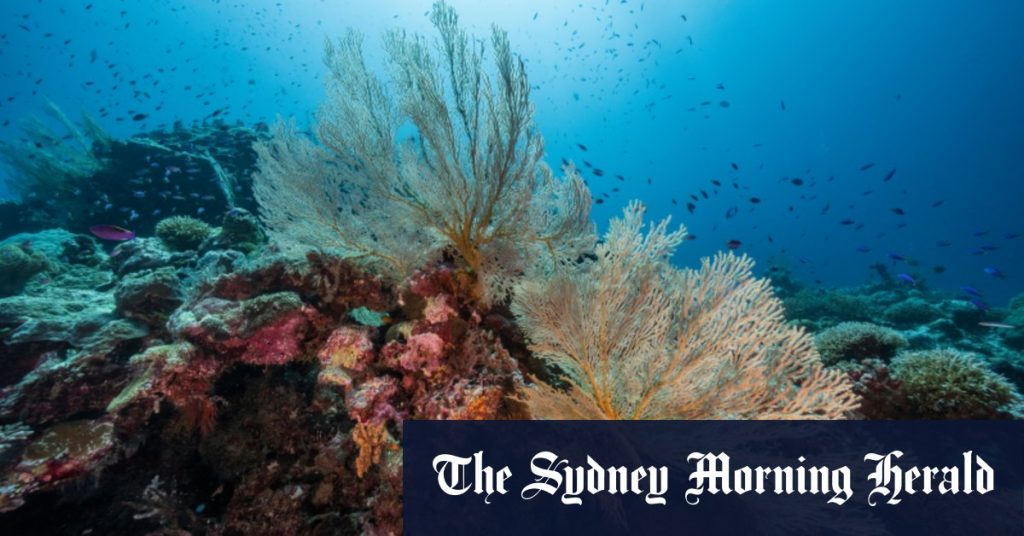The topic of carbon storage and the Browse gas project in Western Australia is a contentious issue. The Conservation Council of WA director, Jess Beckerling, has criticized carbon storage as “fantasy technology” that has not been successful, citing Chevron’s $3 billion project at Barrow Island that is operating at only one-third of its planned capacity after eight years. Woodside, a major player in the industry, is proposing to try carbon storage for the first time at the pristine Scott Reef, despite the lack of success in previous attempts.
Woodside has informed the department that it plans to refer carbon storage for assessment in mid-2024, putting it six years behind the rest of the Browse project in the environmental approval process. While carbon storage does not require approval from the WA regulator since it is located outside state waters, there are still concerns about its viability and potential impacts on the environment. Woodside’s CEO, Meg O’Neill, has highlighted the need to solve three key issues before proceeding with the expensive engineering work required for the Browse project: storing the reservoir CO₂, obtaining environmental approvals, and finalizing a deal to process the gas for export.
The plan is to pipe the Browse gas 1000 kilometers to the North West Shelf plant near Karratha, but negotiations between the joint ventures involved in the project have not yet resulted in a deal, despite signing preliminary agreements in 2018. Woodside operates the Browse joint venture and holds a 31% stake, with other major investors including BP, Japan Australia LNG, and PetroChina. Chevron and Shell, both having equity in the North West Shelf but not in Browse, are said to be holding out for terms that benefit the owners of the gas plant rather than the gas fields.
In order to process the Browse gas, Woodside needs state and federal environmental approvals to extend the life of the North West Shelf plant until 2070. This has raised concerns about the potential impact of nitrous oxide emissions from the plant on the nearby World Heritage-nominated Murujuga rock art. The WA Environmental Protection Authority has backed the extension despite acknowledging the potential threat of serious or irreversible damage from these emissions, leading to over 700 appeals being lodged against the decision.
Despite the challenges and controversies surrounding the Browse project, Woodside continues to emphasize its importance in meeting Western Australia’s domestic gas needs and underpinning the state’s economy. O’Neill has highlighted Browse as the single biggest opportunity to address the looming gas shortage in Western Australia. However, the project faces significant hurdles, including the viability of carbon storage technology, environmental concerns, negotiations with joint ventures, and potential impacts on cultural heritage sites. The future of the Browse project remains uncertain as these issues continue to be addressed and debated within the industry and the broader community.













